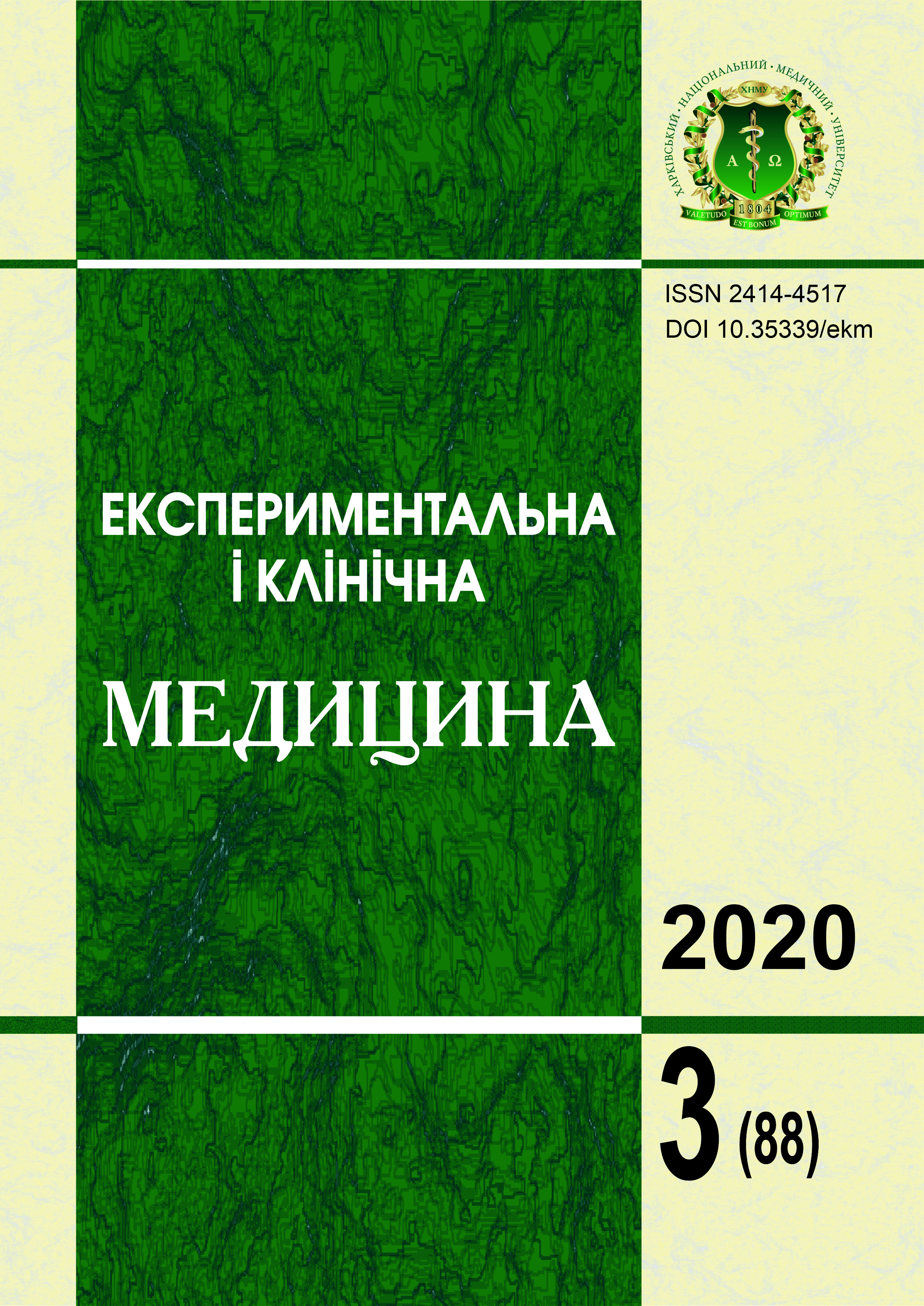Abstract
To analyze the pharmacotherapy of patients with heart failure (HF) who have undergone implantation of a pacemaker, depending on the presence of concomitant type 2 diabetes mellitus (DM) and the effectiveness of implantation. A retrospective analysis of prescriptions for 203 patients with HF who had pacemaker implants was performed using frequency analysis. Pacemaker implantation was considered successful in terms of an increase in the end-diastolic volume of the left ventricle by 15% after 12 months after operation. Before and after implantation of pacemakers, patients received angiotensin-converting enzyme inhibitors, renin-angiotensin blockers, anti-arrhythmic drugs, diuretics, statins, antiplatelet / anticoagulants. A good response to pacemaker implantation made it possible to reduce the need for prescribing diuretics, antiarrhythmics, and to reduce the daily dose of diuretics. Prescribing dapagliflozin to compensate for the level of glycemia was associated with more frequent achievement of a good response to pacemaker, improvement in the course of heart failure. The main directions of pharmacotherapy of patients with HF who have undergone pacemaker implantation meet modem requirements. The additional prescription of secondary metabolic dmgs with unproven efficacy leads to polypharmacy, a decrease of dmgs prescriptions with proven efficacy.
Keywords: heart failure, pacemaker, diabetes mellitus, pharmacotherapy, dapagliflozin.
References
Ponikowski P., Voors A.A., Anker S.D., et al. (2016). ESC Guidelines for the diagnosis and treatment of acute and chronic heart failure: The Task Force for the diagnosis and treatment of acute and chronic heart failure of the European Society of Cardiology (ESC) Developed with the special contribution of the Heart Failure Association (HFA) of the ESC. European Heart Journal, vol. 37, issue 27, pp. 2129-2200. DOI: 10.1093/eurhe artj/ehw128.
Voronkov L.G. (Compiler). (2017). Rekomendatsiyi Asotsiatsiyi kardiolohiv Ukrayiny z diahnostyky ta likuvannya khronichnoyi sertsevoyi nedostatnosti [Recommendations of the Association of Cardiologists of Ukraine for the diagnosis and treatment of chronic heart failure]. Kyiv, 68 p. Retrieved from: http://strazhesko.org.ua/upload/rekomendaciyi-hsn-a6-ost.pdf [in Ukrainian].
ICD-11 for Mortality and Morbidity Statistics (Version 09/2020). Retrieved from: https://icd.who.int/browse11/1-m/en
Filippatos T.D., Liberopoulos E.N., Elisaf M.S. (2015). Dapagliflozin in patients with type 2 diabetes mellitus. Ther Adv EndocrinolMetab, vol. 6, issue 1, pp. 29-41. DOI: 10.1177/2042018814558243.
Filippatos T.D., Liontos A., Papakitsou L, Elisaf M.S. (2019). SGLT2 inhibitors and cardioprotection: amatter of debate and multiple hypotheses. PostgradMed., vol. 131, issue 2, pp. 82-88, DOI: 10.1080/00325481.2019.1581971.
Filippatos T.D., Tsimihodimos V., & Elisaf M.S. (2016). Mechanisms of blood pressure reduction with sodium-glucose co-transporter 2 (SGLT2) inhibitors. Expert Opin Pharmacother, vol. 17, issue 12, pp. 1581-1583. DOI: 10.1080/14656566.2016.1201073.
Snorek М., Hodyc D., Sedivy V., et al. (2012). Short-term fasting reduces the extent of myocardial infarction and incidence of reperfusion arrhythmias in rats. Physiol Res., vol. 61, issue 6, pp. 567-574.
Packer M., Anker S.D., Butler J., Filippatos G., Zannad F. (2017). Effects of sodium-glucose cotransporter 2 inhibitors for the treatment of patients with heart failure: Proposalof a novel mechanism of action. JAMA Cardiol, vol. 2, issue 9, pp. 1025-1029. DOI: 10.1001/jamacardio.2017.2275.
Kosiborod M., Cavender M.A., Fu A.Z., et al. (2017). Lower risk of heart failure and death in patients initiated on sodium-glucose cotransporter-2 inhibitors versus other glucose-lowering drugs: The CVD-REAL study (Comparative Effectiveness of Cardiovascular Outcomes in New Users of Sodium- Glucose Cotransporter-2 Inhibitors). Circulation, vol. 36, issue 3, pp. 249-259. DOI: 10.1161/ circulationaha.117.029190.
Birkeland K.I., Jorgensen M.E., Carstensen B., et al. (2017). Cardiovascular mortality and morbidity in patients with type 2 diabetes following initiation of sodium-glucose co-transporter-2 inhibitors versus other glucose-lowering drugs (CVD-REAL Nordic): a multinational observational analysis. Diabetes Obes Metab, vol. 5, issue 9, pp. 709-717. DOI:10.1111/dom.l3081.
Monami M., Dicembrini I., & Mannucci E. (2017). Effects of SGLT-2 inhibitors on mortality and cardiovascular events: a comprehensive meta-analysis of randomized controlled trials. Acta Diabetol., vol. 54, issue 1, pp. 19-36. DOI: 10.1007/s00592-016-0892-7.
McMurray J.V., DeMets D.L., Inzucchi S., Kober L., Kosiborod M.N., Langkilde A.M., & Martinez F.A.A. (2019). Trial to evaluate the effect of the sodium-glucose co-transporter 2 inhibitor dapagliflozin on morbidity and mortality in patients with heart failure and reduced left ventricular ejection fraction (DAPA-HF). Eur J Heart Fail, vol. 21, issue 5, pp. 665-675. DOI: 10.1002/ejhf.l432.
McMurray J.V., Solomon S.D., Inzucchi S.E., Kober L., Kosiborod M.N., Martinez F.A., Ponikowski P, Sabatine M.S., et al. (2019). Dapagliflozin in Patients with Heart Failure and Reduced Ejection Fraction. The New England Journal of Medicine, vol. 381, issue 21, pp. 1995-2008. DOI: 10.1056/NEJMoal911303.

